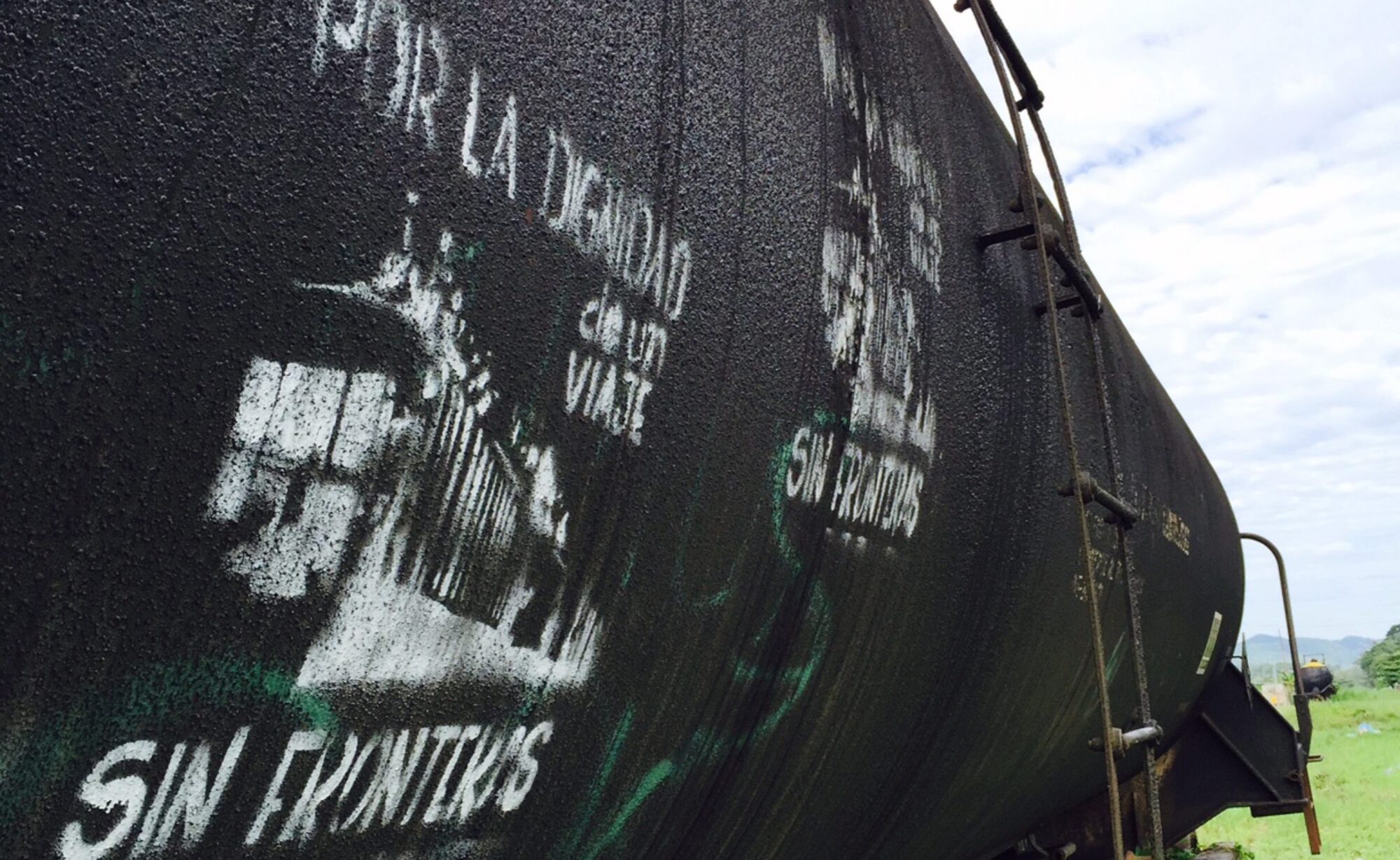“At a time when migration across the U.S.’s southern border continues to grow and a new administration looks for different solutions, Todd Miller’s fourth book, Build Bridges, Not Walls: A Journey to a World Without Borders, seeks to reframe the issue. The book makes clear that our border “problem” is endemic, transcending whichever party is in power. But rather than pointing the finger at migrants or even individual decision-makers, Miller takes aim at the border apparatus itself: a relic of colonialism that divides nations, communities and families alike, and which may have outlived its usefulness.”
YES! Senior Editor Chris Winters spoke with Miller from his home in Arizona. This interview has been condensed and edited for publication.
Chris Winters: You’ve written about borders before, and you’ve got a lot of personal experience living on both sides of our southern border. But why did you choose this time around to write about not just “the border,” but about borders in general?
Todd Miller: The previous work that I had coming up to this book was looking at borders from different angles. My first book was called Border Patrol Nation, so I was looking at the post-9/11 expansion of the border apparatus. The second one was Storming the Wall, which looks at climate change and displacement and how borders are playing a part in that. And then I looked at also the internationalization of the U.S. border in the third book, called Empire of Borders. …
There’s a lot of in-depth reporting, and looking at all these different aspects, all these different angles, and really getting to know intimately what is exactly going on: unpacking this apparatus, looking at all the different components of it, looking at the strategies—for example, the strategy on the southern border. “Prevention Through Deterrence” is a strategy to inflict suffering on people. That’s what it is, it’s purposely blockading certain areas, so that people circumvent them and go through the Arizona desert where I live. And the idea is that the suffering or potential of death of going through those areas will deter people, that the word will get back. And that’s been the strategy for 25 years.
My argument is that border security is not about security at all.
And then watching … the $1.5 billion budget for border and immigration enforcement [in 1994] going to $25 billion today. … So I’ve lived on both sides of the border, and just watching this thing just build up, build up, build up, build up with all kinds of technologies—drones, surveillance towers, motion sensors—it’s just a militarization of the border, really. And this is what just really led to this book: What is this thing that we’re told is sacrosanct? That we’re told that you can’t question?
Read the rest here!
